Batteries have many different components that are recyclable. Many of these components, like lead, are also toxic waste that shouldn’t be placed in a landfill anyway.
The materials needed for making batteries, especially the lithium-ion batteries that we rely on for just about everything, are a limited non-renewable resource.
The world has to develop a robust recycling program to keep the EV revolution going without running out of battery capacity. Here are the basics of recycling batteries.
Materials that are Recovered by Recycling Batteries
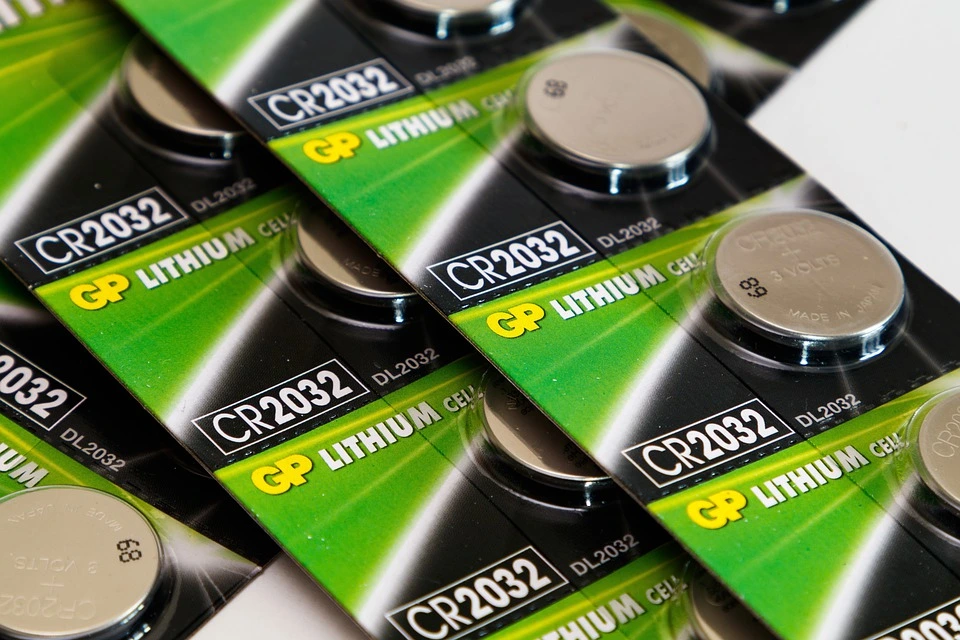
Here are some of the materials that can be recycled from batteries.
- Nickel
- Manganese
- Chromium
- Iron
- Plastic
- Copper
- Aluminum
- Lithium
Many of these materials, like lithium, are being heavily relied upon for car batteries and other small high-capacity batteries.
You may have more lithium-ion batteries hanging around than you realize. They’re in power tools, LED candles, garage door openers, phones, laptops, e-bikes, electric toothbrushes, and even e-cigarettes.
None of these batteries go in the garbage. They’re toxic and flammable, so it’s important to learn what to do with them when devices that contain them reach the end of life.
Benefits of Recycling Batteries
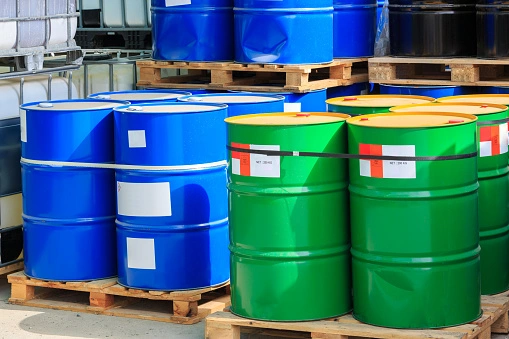
- Keeps Harmful Chemicals Out of the Environment
- Saves Non-renewable Resources
- Reduces the Cost of New Batteries
- Complies with Federal Laws
- Improves Human Health
- Reduces Landfill Waste
We all throw away batteries all the time without even thinking about it, but those batteries should be recycled!
Let’s dig into the benefits of recycling batteries.
1. Keeps Harmful Chemicals out of the Environment
One main advantage of recycling batteries is that doing so keeps the chemicals contained in the batteries out of the environment.
When you throw batteries in the landfill they leak chemicals and toxic metals into the soil and groundwater.
Not only is this a waste of natural resources, but it’s a source of contamination of resources we need to protect.
There are many environmental problems we face today, and pollution is a big one.
Lead-acid, cadmium, and lithium found in batteries are some of the worst environmental pollutants. When we throw these things into the landfill we’re introducing those pollutants into the environment.
Recycling ensures that reusable materials get a new life in new batteries and toxic materials get disposed of safely.
2. Saves Non-renewable Resources
Batteries are made with non-renewable natural resources. Copper, lithium, silver, mercury, and cobalt (just to name a few) are all non-renewable resources needed to make batteries.
Even more, some of the resources needed for batteries are rare.
- The biggest global problem that the EV industry faces now is the rarity of lithium. It’s believed that there are undiscovered supplies of lithium, but the future is unsure.
- For now, the price of lithium is climbing and the supply is currently declining. There is enough lithium to meet battery demand through 2025.
The need for recycling is dire if the supply of lithium is going to stretch even through 2030 and keep the EV revolution rolling.
3. Reduces the Cost of New Batteries
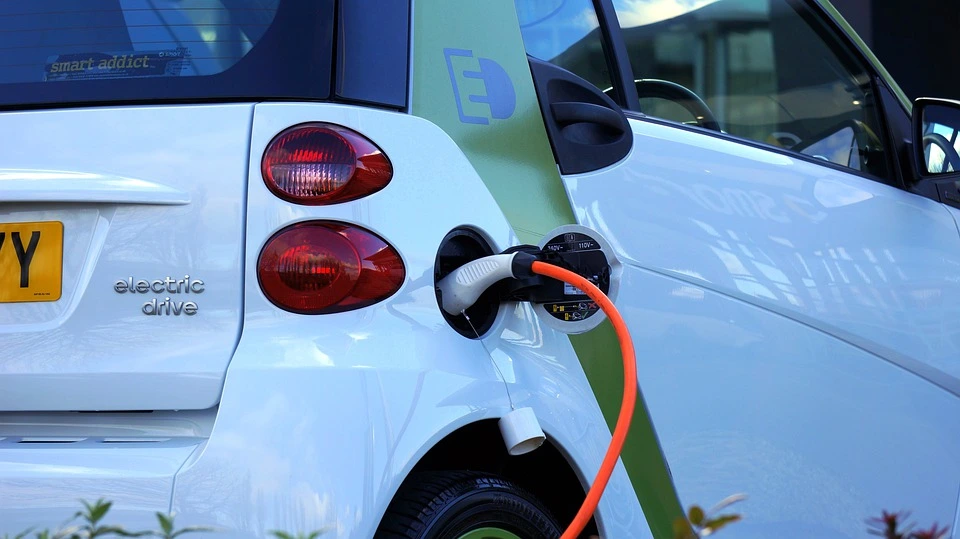
As with all items that are recyclable, the new material made from salvaged materials cost less than those made with virgin materials.
It is much less expensive to recover materials than it is to mine, transport, and refine new materials.
Plus, when materials recyclers are located near factories there is a minimum of transportation costs associated with reusing the materials.
4. Complies with Federal Laws
Federal laws require that sealed lead-acid (Pb) and nickel-cadmium (Ni-Cd) batteries be recycled instead of put in the landfill.
The problem is that we forget when it comes to small batteries and they’re easy to throw away.
Many companies offer to recycle batteries if you send them in, and some landfills have battery recycling programs.
Many states also have laws concerning battery recycling on the books. You can look at your state’s laws by clicking this link.
There is a push to expand battery recycling availability and requirements to ensure that we are preserving America’s valuable and rare resources for future use instead of throwing them away.
5. Improves Human Health
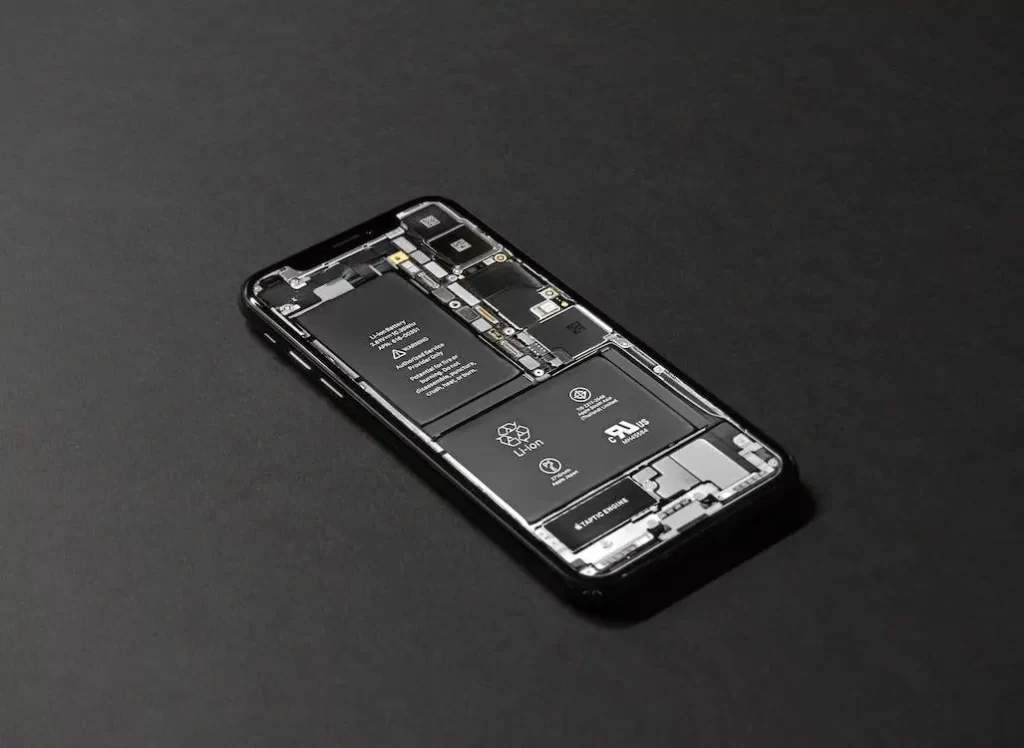
Heavy metals are toxic.
They’re toxic in your house, in the environment, in manufacturing plants, and in the mines where they’re extracted.
We don’t often think about the social benefits of recycling, but improving human health is a benefit of every type of recycling, including battery recycling.
The more we have to mine and process these raw materials like mercury and lithium, the more toll they take on human health and communities from the beginning to the end of the process.
Even worse, when we throw batteries away and allow them to leak into the soil and water we contaminate the very resources we need to survive with heavy metals and acids.
Exposure to mercury alone can affect the lungs, kidneys, intestines, nervous system, and eyes of not just humans, but also animals and fish exposed to mercury.
Mercury isn’t recyclable. However, when you recycle batteries you’re also ensuring that these toxic heavy metals get disposed of safely.
6. Reduces Landfill Waste
Lithium-ion batteries lose their charging capabilities rapidly over the first 3 years of life. They may last up to 5 years, but the charging capabilities will not be like new.
This means that batteries often get swapped out even before they’re fully used up. Too many of these batteries end up in the trash.
- Only about 5% of all the lithium-ion batteries used in the United States are recycled. That’s a miserable number, considering that the components in the batteries are recyclable.
- In comparison, about 99% of lead-acid batteries get recycled because most states charge a core deposit on car batteries. This money is returned when the core is returned for recycling.
The waste of lithium-ion batteries means that as we move toward electric vehicles we’ll be using up our lithium reserves before we barely begin the transition.
The World Economic Forum predicts lithium shortages by 2025.
Let’s make a concerted effort to spread awareness about battery recycling so we’re not throwing these valuable rare resources into landfills.
Is Tesla Recycling Batteries?
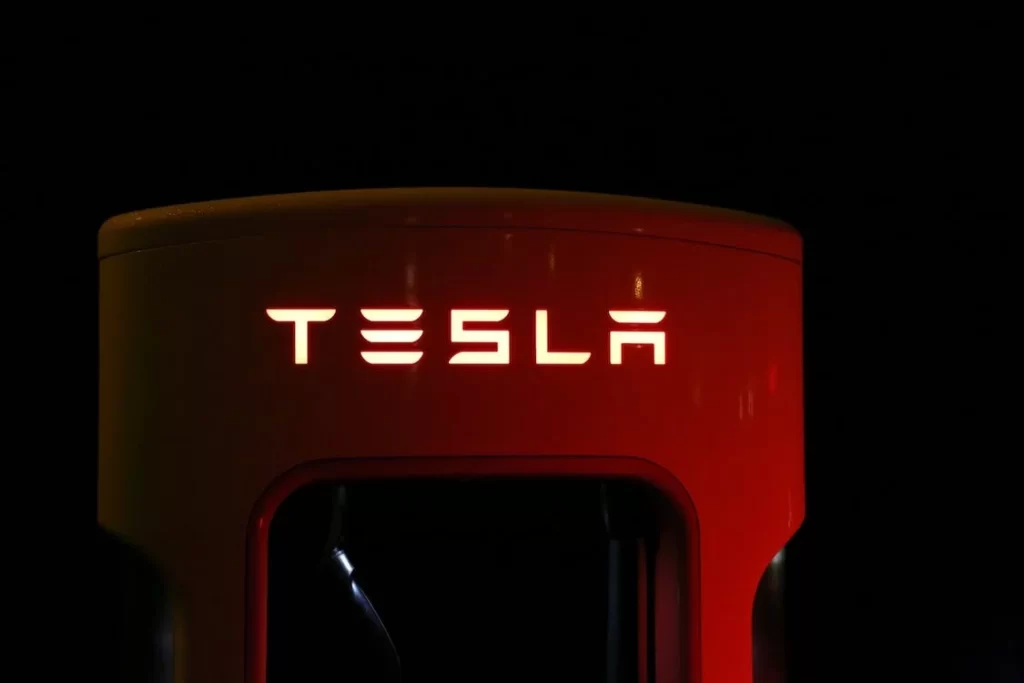
Yes! Redwood Materials was founded in 2019 by the co-founder and former Chief Technology Officer of Tesla, JB Straubel. Redwood Materials is a premier lithium-ion battery recycler.
They have recycling contracts with Tesla, Panasonic, Volkswagen, Audi, Toyota, and more. They can recover up to 98% of the reusable materials from batteries and ship them back for battery manufacturing.
This saves raw materials, time, labor, water, and fossil fuels because the materials they recover are ready to be used again.
If you’re fascinated by Tesla’s technology and the spin-off battery recycling company, Redwood Materials, we highly recommend watching this video.
How Do I Recycle Batteries?
Many stores like Lowe’s, Home Depot, Staples, Batteries Plus, Interstate Batteries, and auto parts stores accept batteries for recycling.
You can also direct ship batteries to companies like Redwood Materials, or drop them off if you’re in the Northern Nevada area.
Final Thoughts
Battery recycling isn’t something we think about often because there aren’t obvious drop-off locations and it seems like it will take too much effort to figure out how and where to recycle them.
However, more places accept batteries for recycling than you think. You can take your old laptop battery to your local office supply store and they’ll recycle it for you.
Consider beginning a battery recycling program in your town. You can spread awareness of the toxicity of batteries and provide a drop-off area for people to recycle batteries.
What are your ideas to promote battery recycling? Have you recycled batteries before? Where do you drop off your batteries for recycling? Let us know in the comments below!

